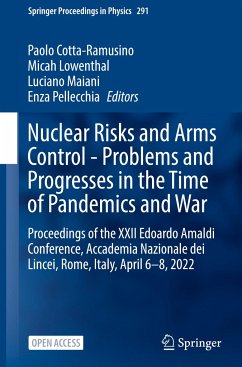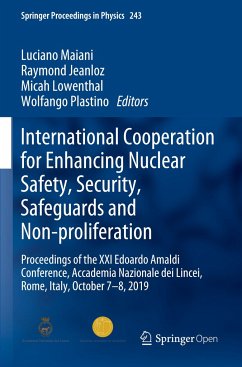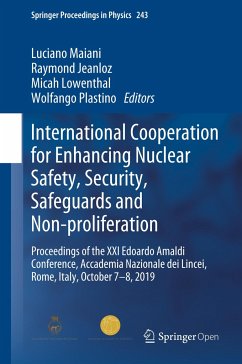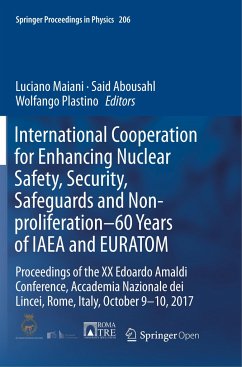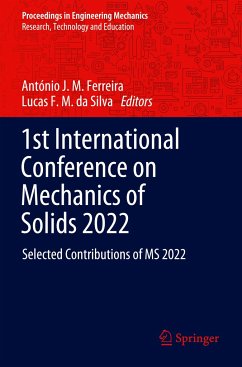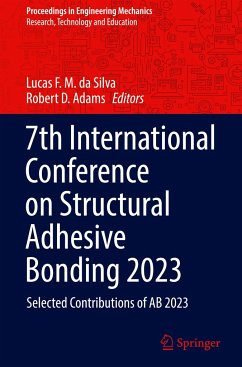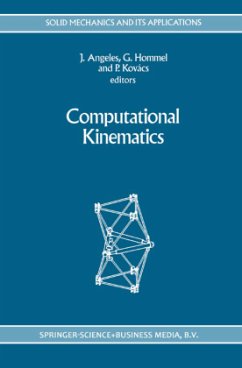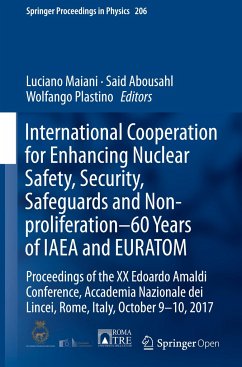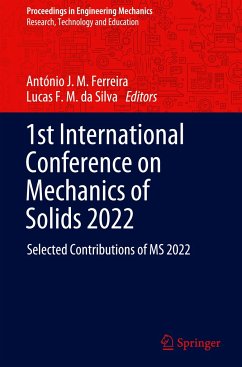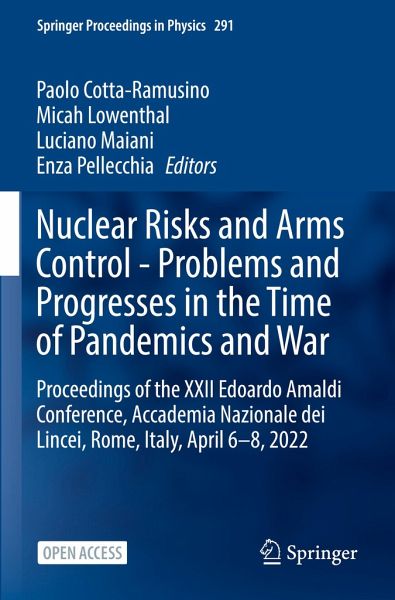
Nuclear Risks and Arms Control - Problems and Progresses in the Time of Pandemics and War
Proceedings of the XXII Edoardo Amaldi Conference, Accademia Nazionale dei Lincei, Rome, Italy, April 6-8, 2022
Herausgegeben: Cotta-Ramusino, Paolo; Lowenthal, Micah; Maiani, Luciano; Pellecchia, Enza
Versandkostenfrei!
Versandfertig in 3-5 Tagen
40,99 €
inkl. MwSt.

PAYBACK Punkte
20 °P sammeln!
This open access book is based on the conference organised by Accademia dei Lincei and the US National Academy of Sciences and supported by the Italian Ministero degli Affari Esteri. It was attended by about 60 scientists and researchers from 13 countries, including, besides Europe, Iran, Israel, Iraq, Pakistan, India, Japan, Russian Federation and the USA. In an international scenario shaken by the uncertainties of the pandemic and the war between Russia and Ukraine, dialogue and scientific collaboration are confirmed to be precious tools to enhance nuclear safety, security and non-proliferat...
This open access book is based on the conference organised by Accademia dei Lincei and the US National Academy of Sciences and supported by the Italian Ministero degli Affari Esteri. It was attended by about 60 scientists and researchers from 13 countries, including, besides Europe, Iran, Israel, Iraq, Pakistan, India, Japan, Russian Federation and the USA. In an international scenario shaken by the uncertainties of the pandemic and the war between Russia and Ukraine, dialogue and scientific collaboration are confirmed to be precious tools to enhance nuclear safety, security and non-proliferation. The urgency to open Peace discussions in Ukraine was emphasised by all participants, and the belief that Science can make an essential contribution to Peace construction was reaffirmed.
Current challenges (some new, such as autonomous weapons and the use of artificial intelligence for war purposes) are discussed and attempts made to identify possible solutions and future improvements, including in the field of sustainable energy development.
Current challenges (some new, such as autonomous weapons and the use of artificial intelligence for war purposes) are discussed and attempts made to identify possible solutions and future improvements, including in the field of sustainable energy development.





